“The Sea Wolf” (1941) stars Edward G. Robinson, John Garfield, Ida Lupino, Gene Lockhart and Barry Fitzgerald in a tense and moody adaption of Jack London’s anti-fascist adventure novel. Robert Rossen (“The Hustler”) wrote the screenplay.
“The Breaking Point” (1950) takes Ernest Hemingway’s tragic novel “To Have and Have Not” as its source material. Though the setting is changed from Key West to Newport Beach, Calif., Curtiz delivers a more faithful version of the book than the famous Howard Hawks vehicle starring Bogart and Bacall.
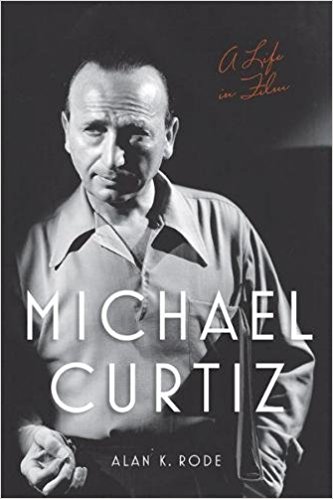 Here, John Garfield expertly plays Skipper Harry Morgan. Gravel-voiced Patricia Neal is the alluring vamp; Phyllis Thaxter, Wallace Ford and Juano Hernandez round out the cast.
Here, John Garfield expertly plays Skipper Harry Morgan. Gravel-voiced Patricia Neal is the alluring vamp; Phyllis Thaxter, Wallace Ford and Juano Hernandez round out the cast.
Rode set himself quite the task when he decided to write about this master director. Uncommonly prolific across many genres (including Westerns, swashbucklers and musicals), Hungarian-born Curtiz made more than 60 movies in Europe and more than 100 in Hollywood, arriving in 1926 at the behest of Warner Bros. Studio.
He won the Best Director Oscar for 1942’s noir-tinged “Casablanca” and for a short called “Sons of Liberty” from 1939. He was nominated for Oscars five times and directed 10 actors to Oscar nominations. James Cagney and Joan Crawford received their only Academy Awards under Curtiz’s direction.
Crawford won for her comeback role, “Mildred Pierce,” a domestic film noir from 1945. With a screenplay by Ranald MacDougall, the movie improves and heightens the drama of James M. Cain’s novel.
Co-starring Ann Blyth, Zachary Scott, Jack Carson, Eve Arden and Bruce Bennett, “Mildred Pierce” ranks as one of our all-time favorite films.
For tonight, however, we’ll just have to swoon over John Garfield. Life’s rough.
Rode will sign his book in the lobby at 6:30 p.m. He will also introduce the films, slated to start at 7:30 p.m.






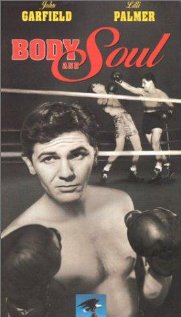
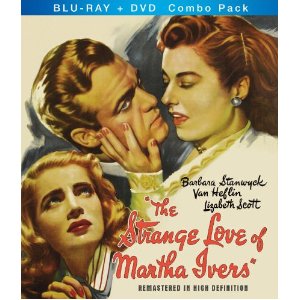
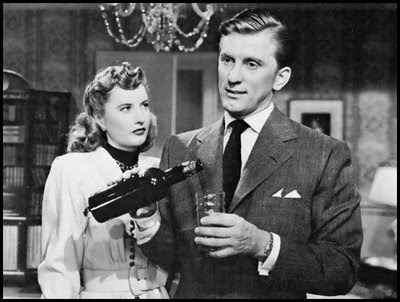
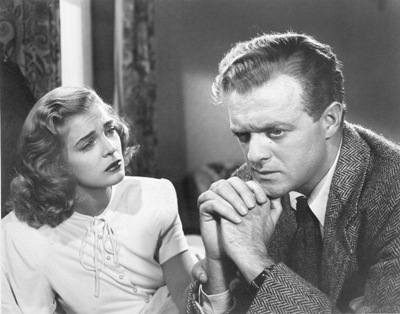





From FNB readers